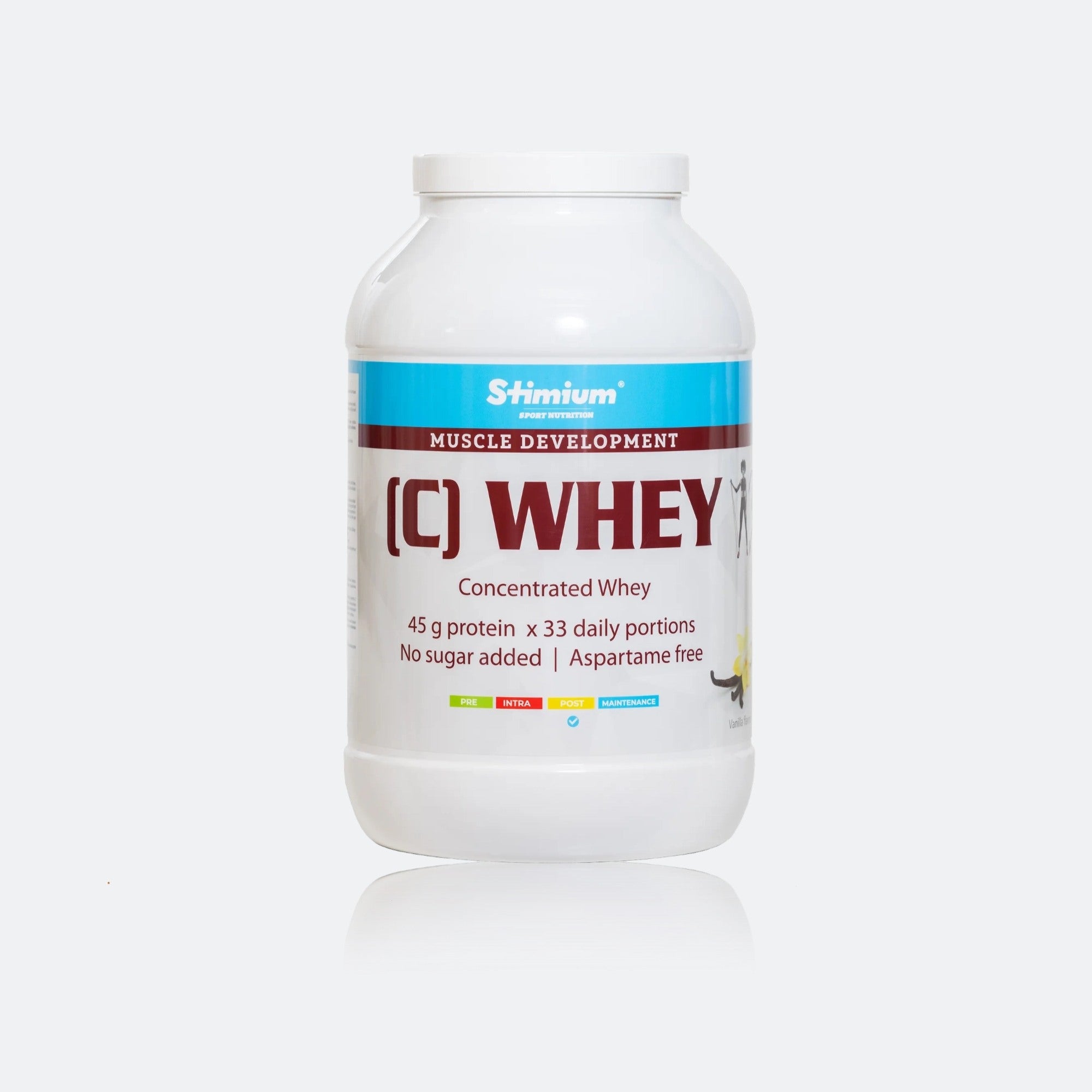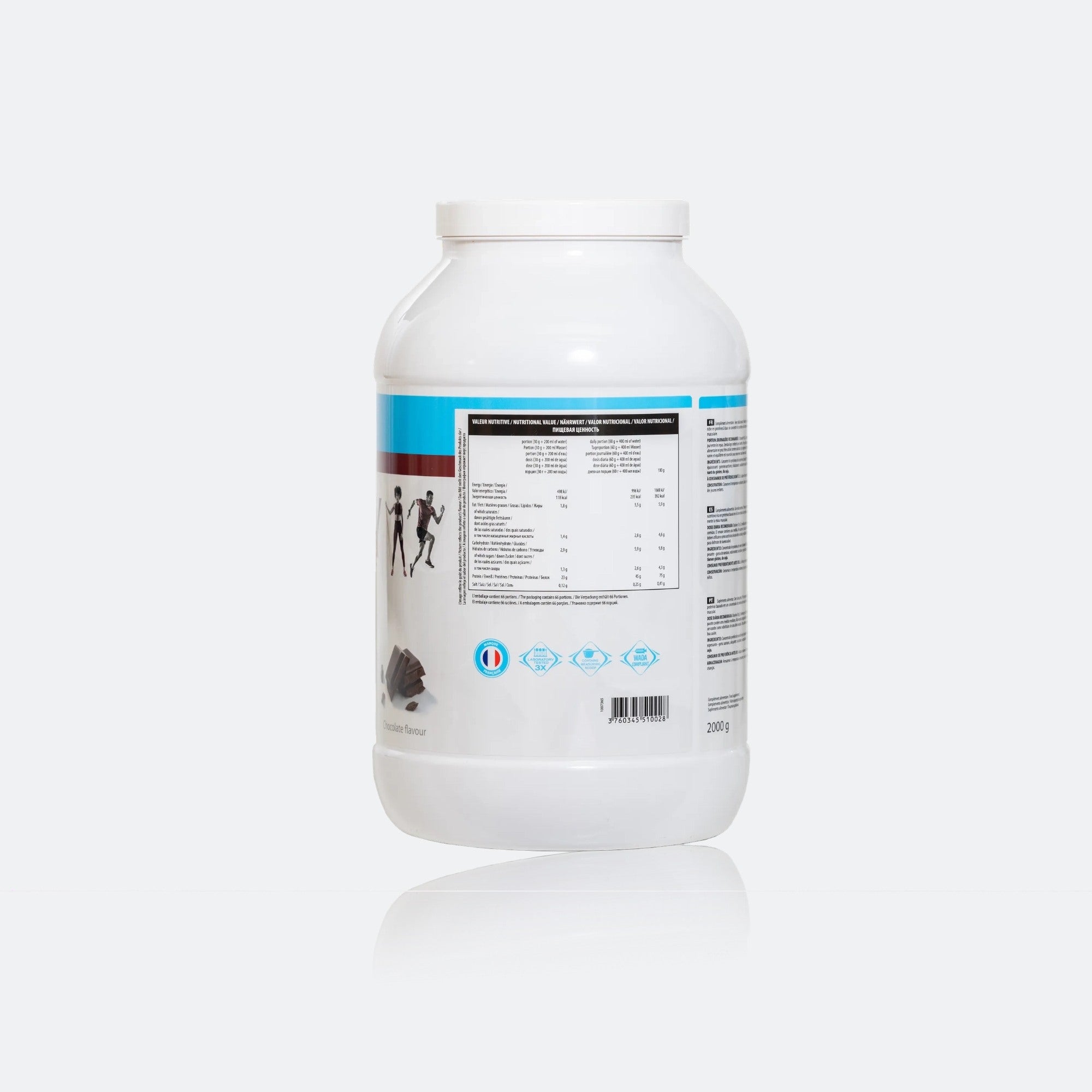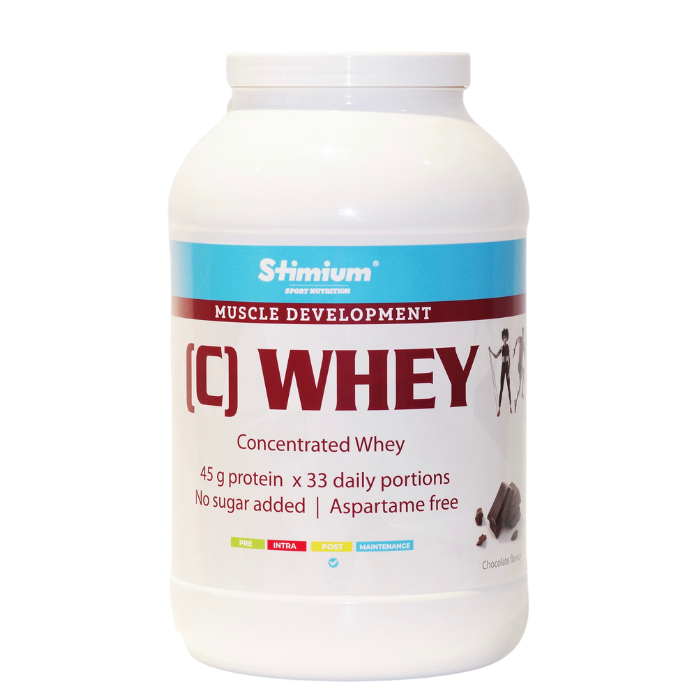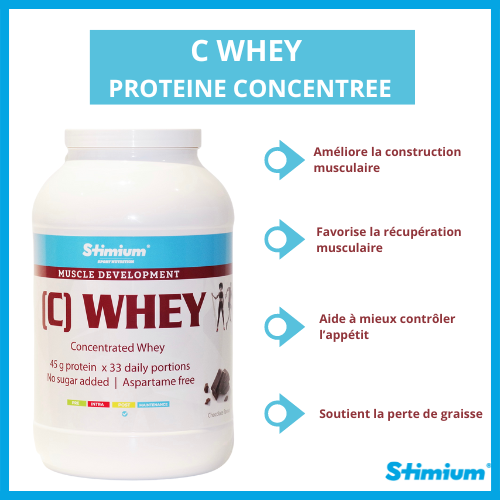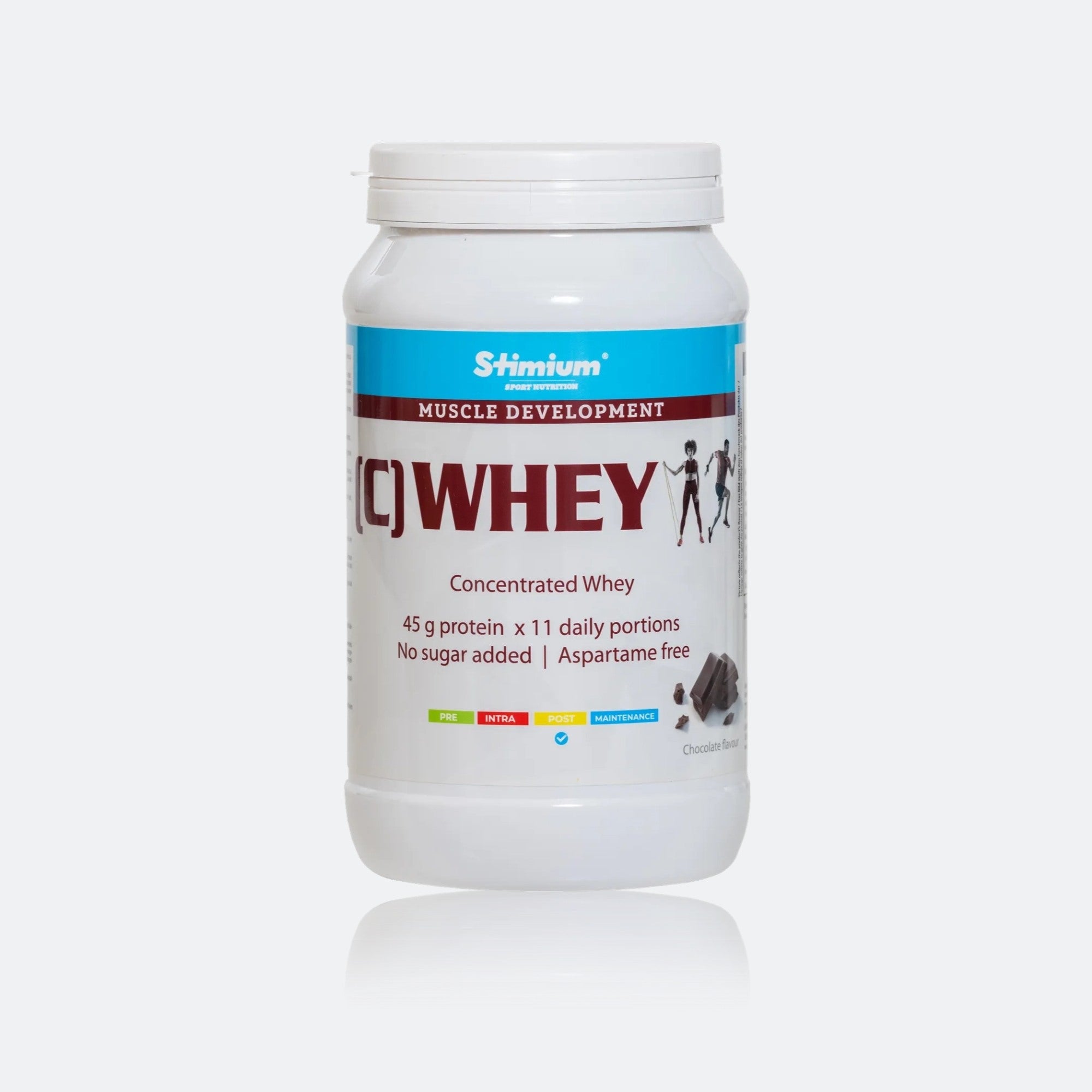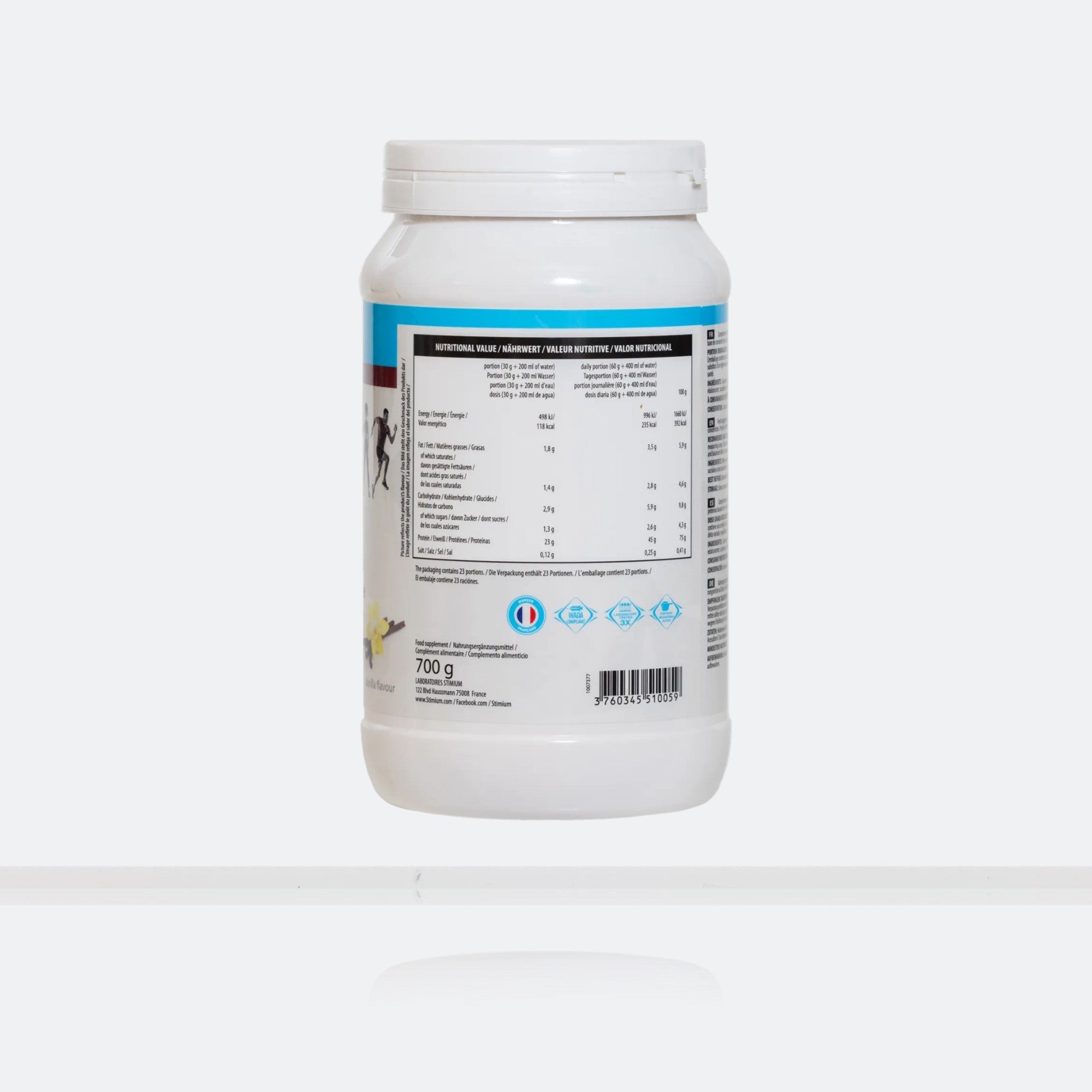Stimium [C] Whey 700g Vanilla Protein Concentrate WPC Construction Muscle Strengthening
loading
Sale price
€25,00
Regular price
€25,82
Stimium C Whey 2kg Chocolate Concentrated Protein for Muscle Building Construction
loading
Regular price
€65,00
Stimium C Whey 700g Chocolate Protein for Muscle Strengthening and Construction
loading
Sale price
€25,00
Regular price
€25,82
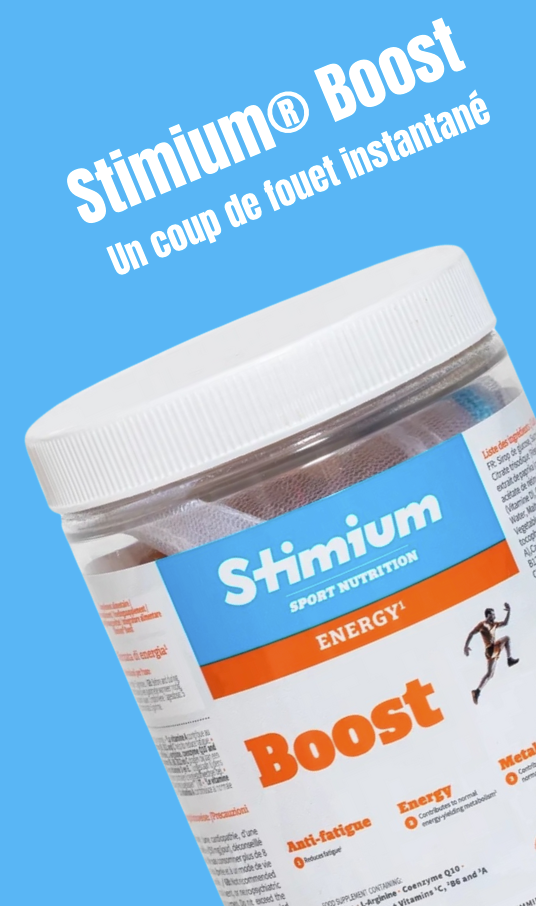
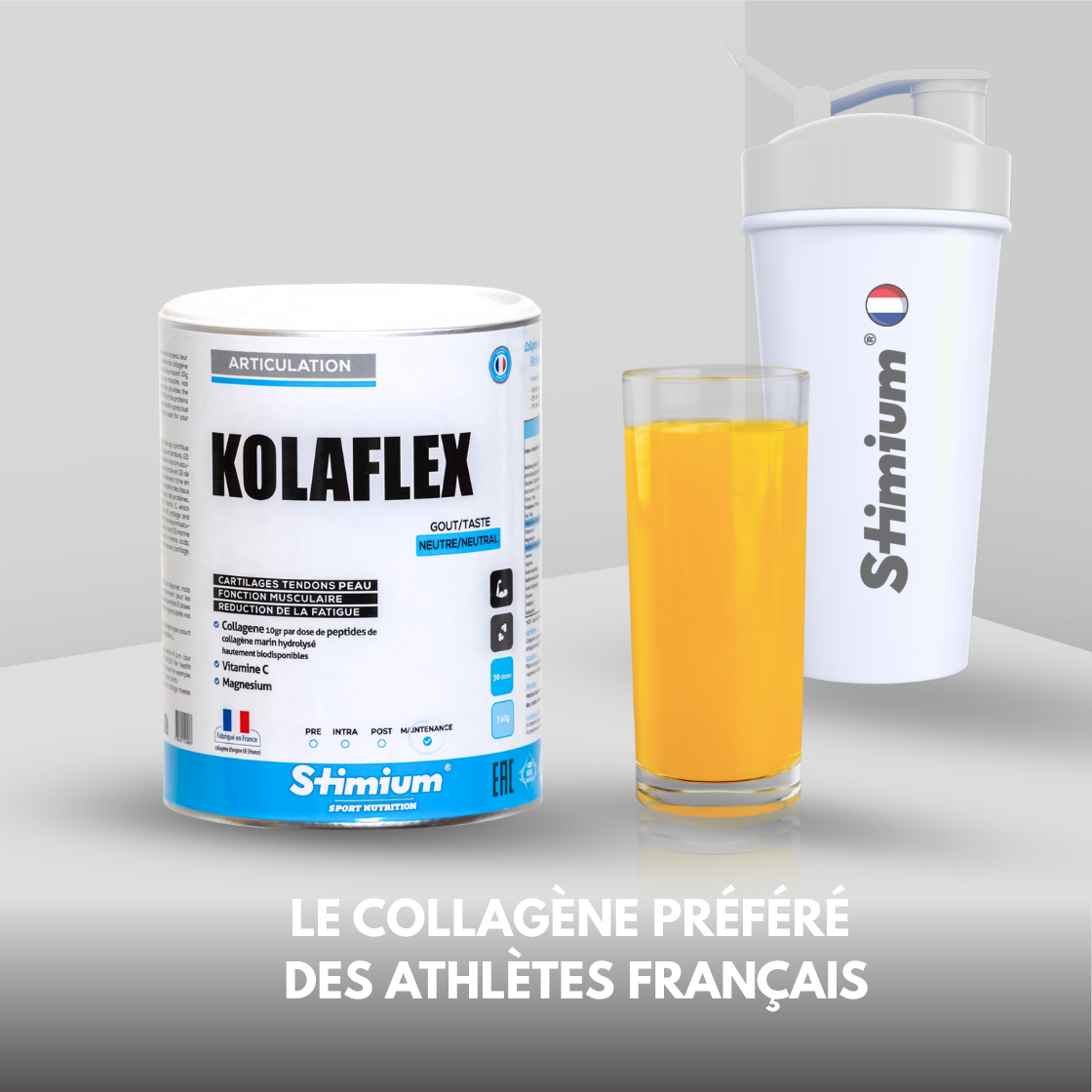
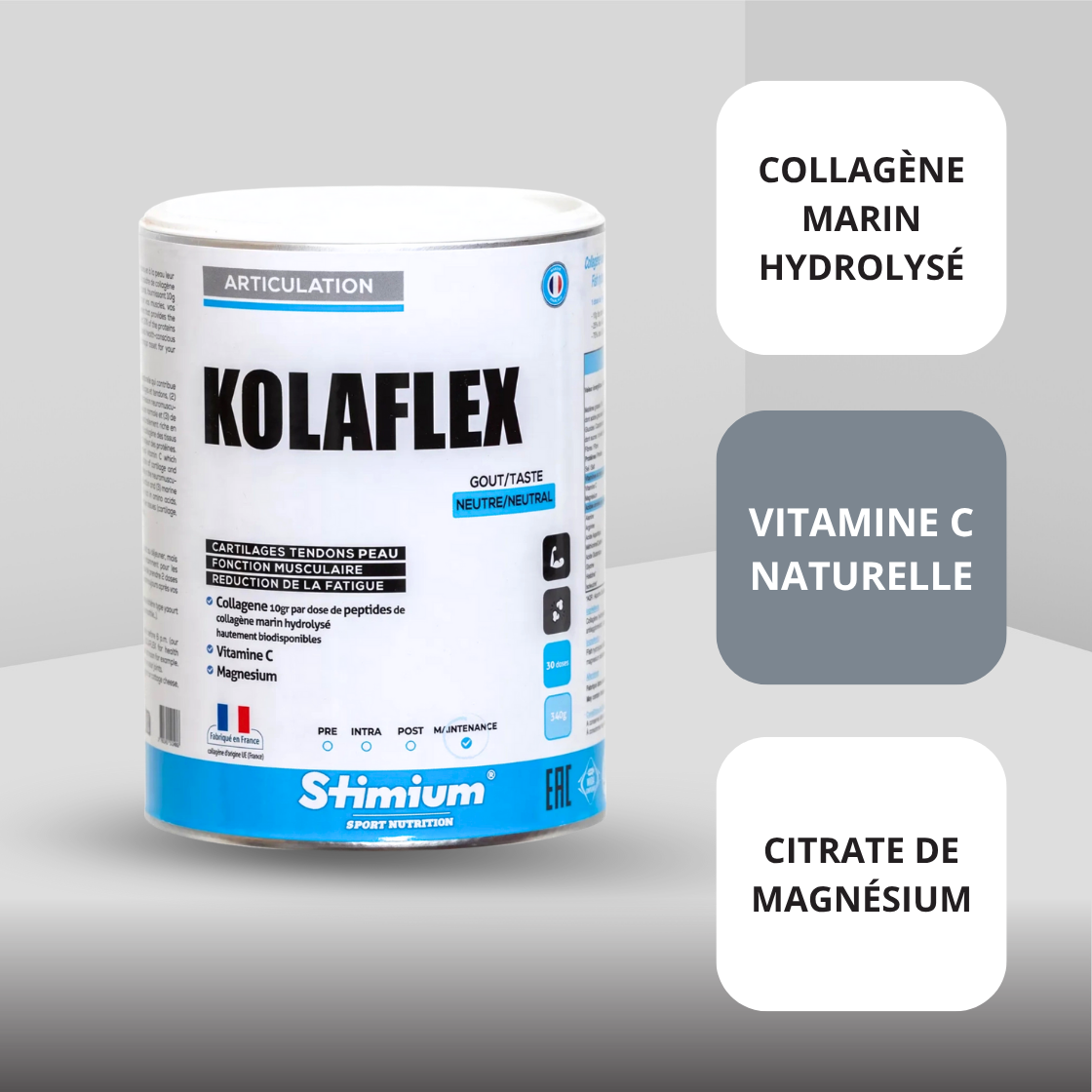
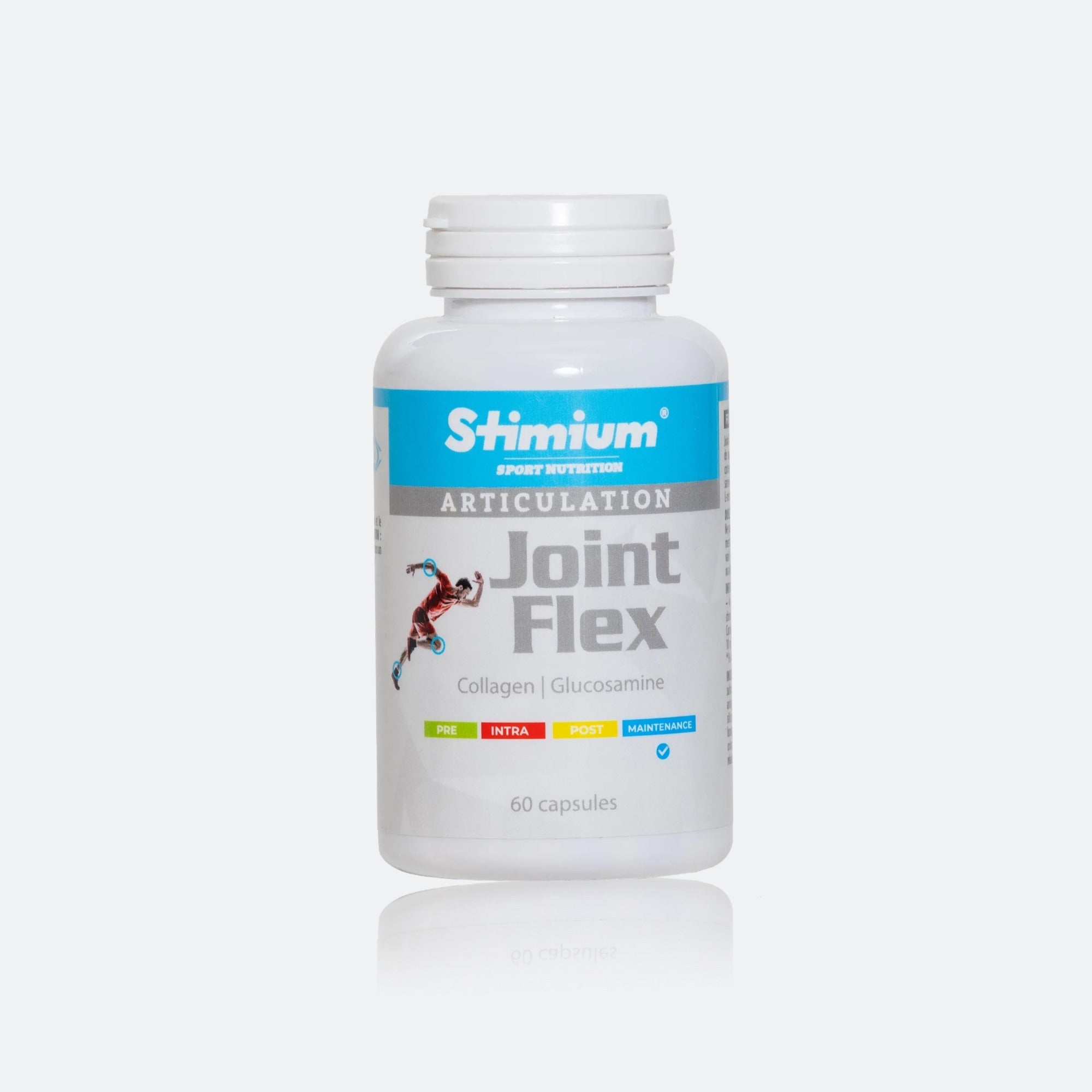
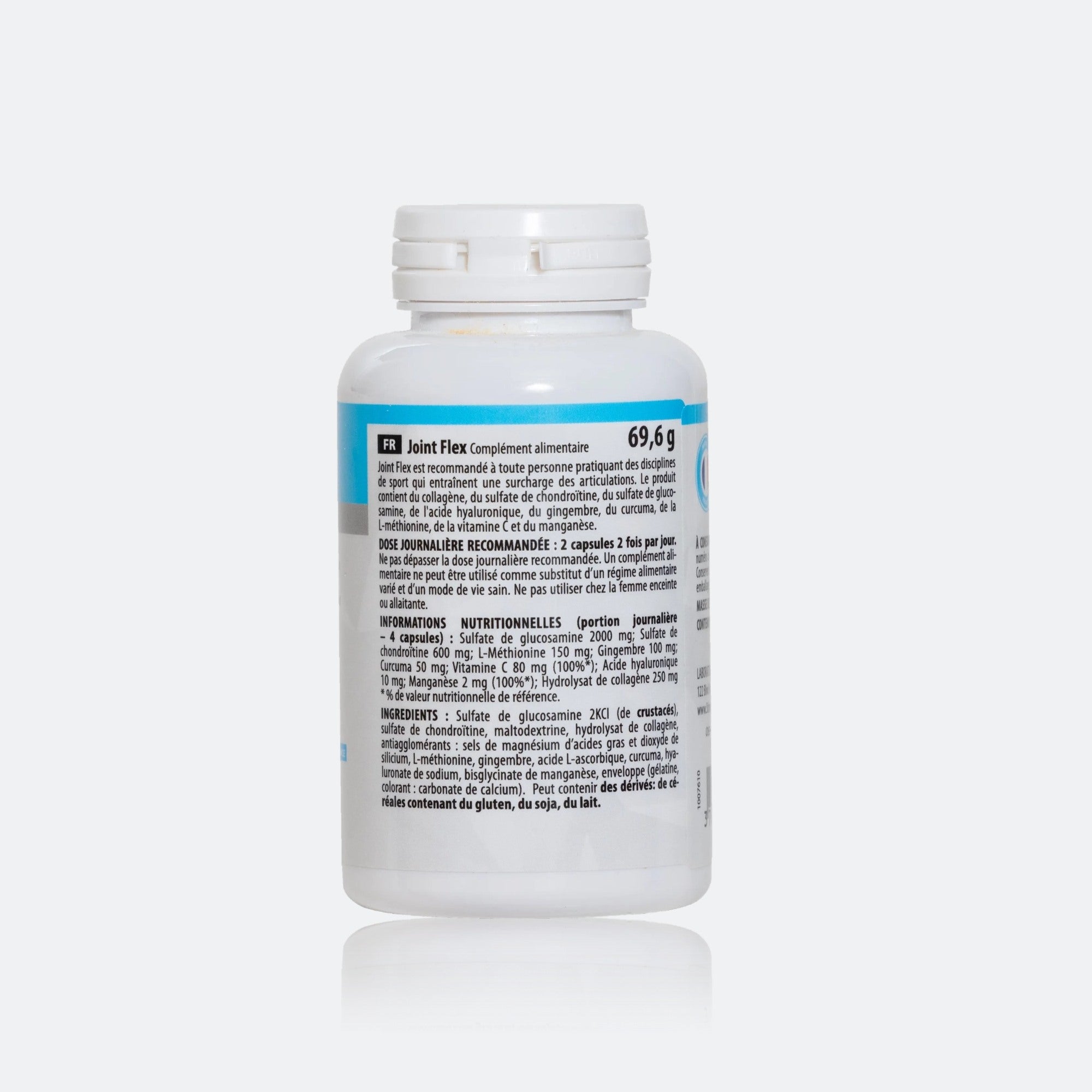
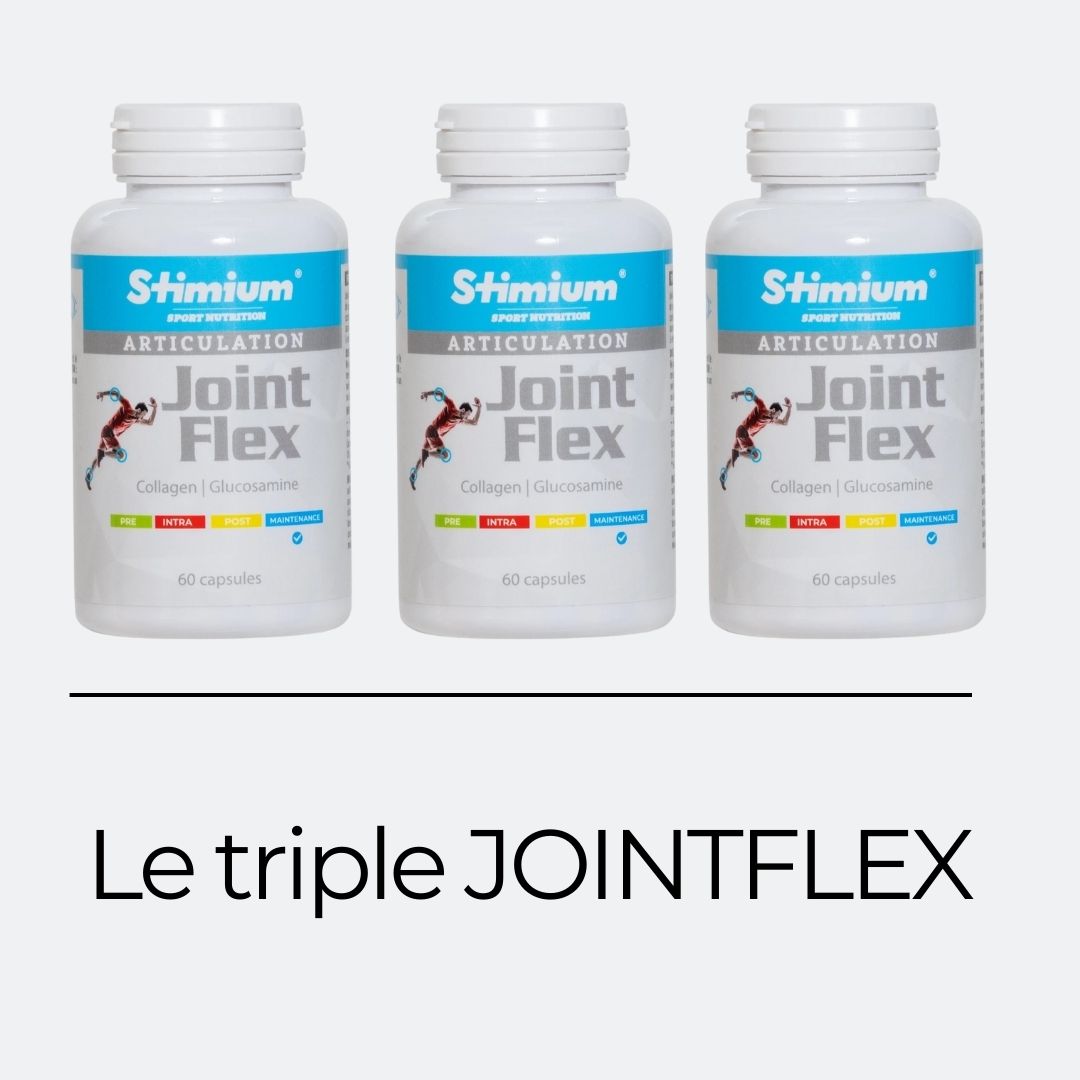
![Stimium [C] Whey 700g Vanilla Protein Concentrate WPC Construction Muscle Strengthening](http://www.stimium.com/cdn/shop/files/C-whey-petit-version-seconde.jpg?v=1739203823&width=2000)
![Stimium [C] Whey 700g Vanilla Protein Concentrate WPC Construction Muscle Strengthening](http://www.stimium.com/cdn/shop/files/C-whey-petit-versocopie.jpg?v=1739203823&width=2000)
